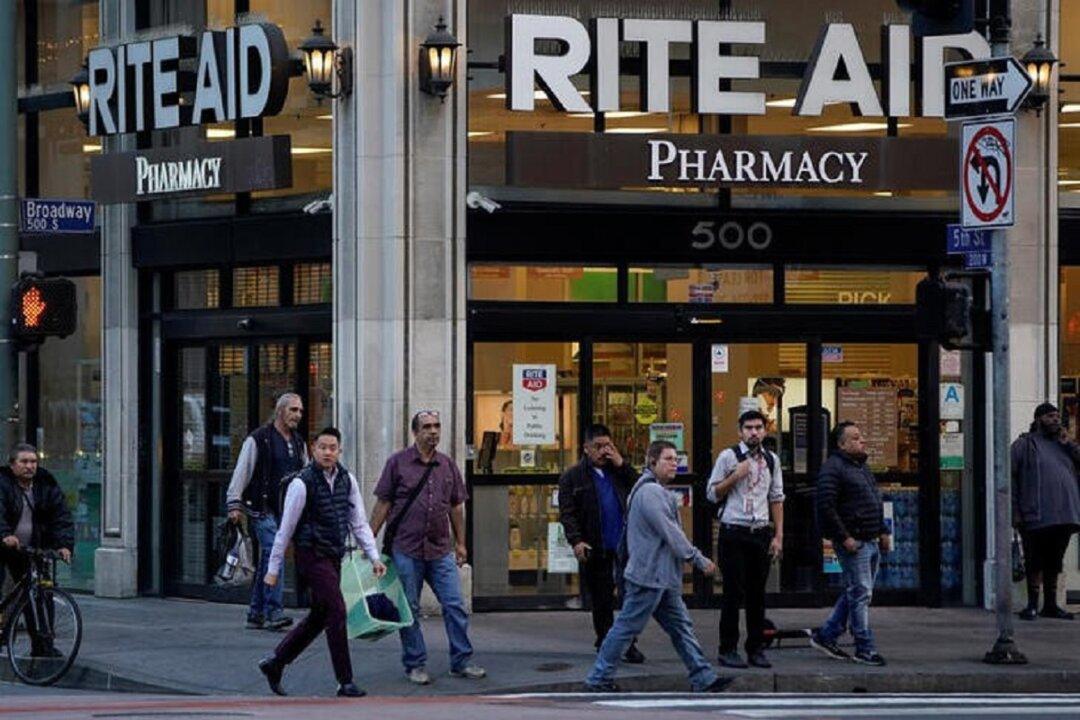The U.S. Federal Trade Commission (FTC) has banned drugstore chain Rite Aid from using facial recognition for surveillance purposes for five years, citing the retailer’s “reckless” use of the technology.
In a complaint filed on Dec. 19, the FTC said the retailer deployed AI-based facial recognition technology from 2012 to 2020 to identify shoplifters but did not take “reasonable measures” to prevent harm to consumers.





